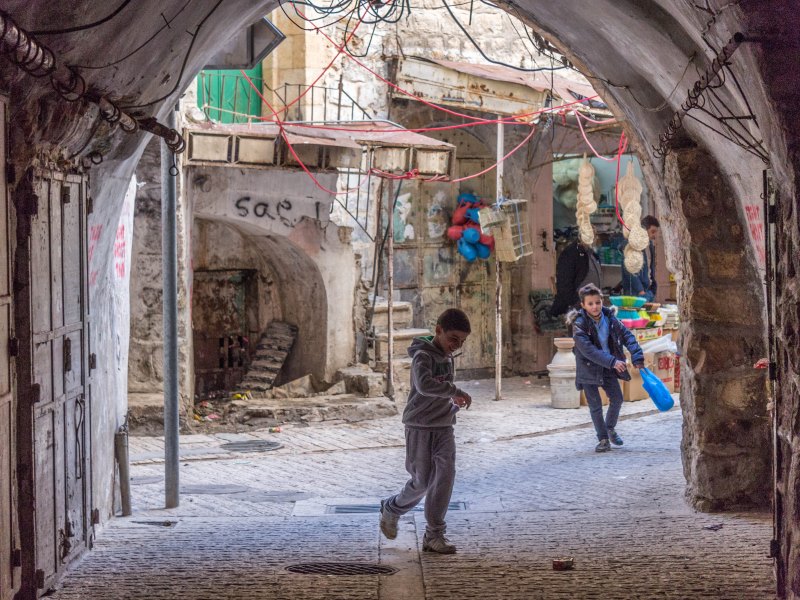 Children of Hebron, Ronan Shenhav
Children of Hebron, Ronan Shenhav
This research proposes to study the impact of exposure to violence on individual expectations about the future, and the inclination to cooperate with others using studies on Palestinians living in the Palestinian Territories.
The project will combine quantitative survey evidence and state-of-the-art experimental games with Palestinians to study how early life experiences of conflict shape expectations and attitudes towards cooperation across age cohorts and over time. It will use data on violent incidents in the West Bank and a comparative case study to test hypotheses informed by theories of Affective Aggression (Berkowitz, 1998).
Expectations are a determinant of behaviour: if one expects low or negative benefits from an action, one is unlikely to do it. Expectations and the ability to cooperate with others are key elements of social life and the cornerstone of a culture of peace and cooperation. These are the issues that our study wishes to unravel.
This project forms part of the Academic Collaboration with Arab Universities Programme, funded by the Emirates Foundation.
Project Outputs
Research Team
Ben Groom | Principal Investigator
Ben is Professor of Environment and Development Economics in the Department of Geography and Environment.
Guy Burton | Co-Principal Investigator
Guy is a Visiting Fellow at the Middle East Centre, and was formerly Assistant Professor in Public Policy at Mohammed Bin Rashid School of Government.
Elisa Cavatorta | Co-Investigator
Elisa is Lecturer in the Department of Political Economy at King's College London.
Khalil Shikaki | In-Country Partner
Khalil is Professor of Political Science and Director of the Palestinian Center for Policy and Survey Research (Ramallah, occupied Palestinian territory).
Sanchayan Banerjee | Research Assistant
Sanchayan is a PhD Student in Environmental Economics at LSE.